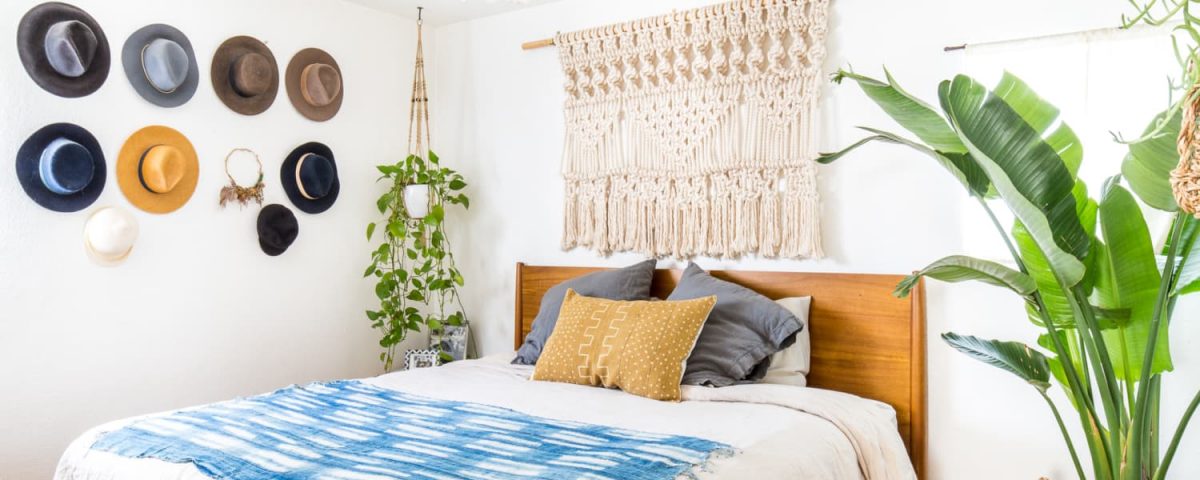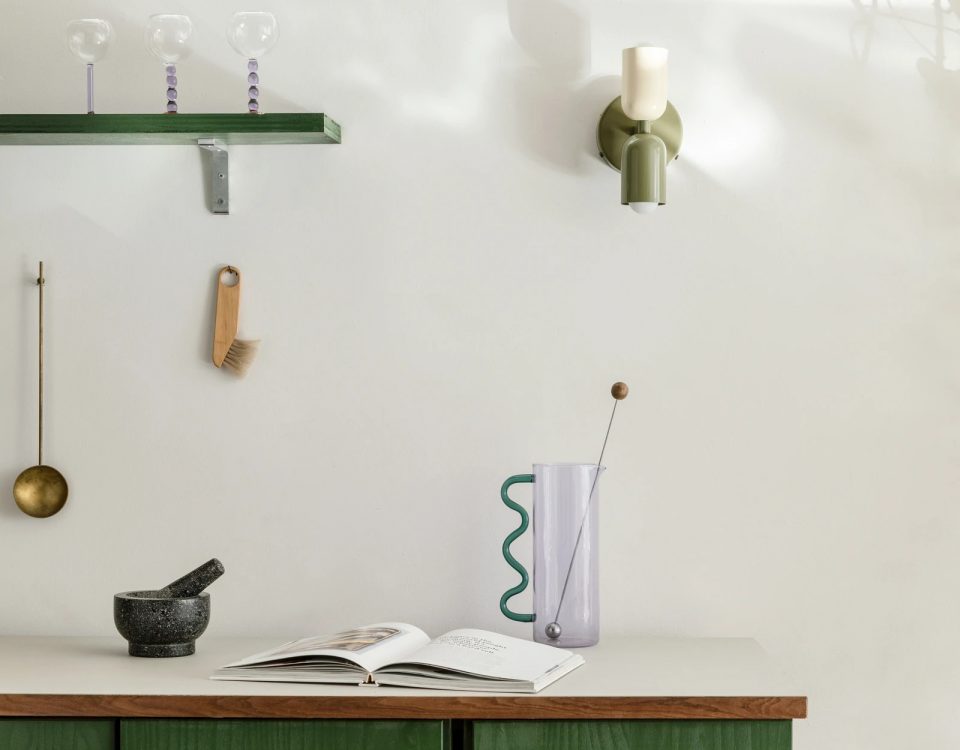- Privacy On Demand
- 020 8150 0080
- 0845 3886618
- info@priviglaze.com

A Collaborative Brooklyn Townhouse By European and New York Design Teams
25 February 2022
six reasons to fill outdoor spaces with light
25 February 2022Stressful Things in Your Bedroom and How to Fix Them

[ad_1]
published about 5 hours ago
February is Bedroom Month on Apartment Therapy! We’re sharing stories all month about bedrooms — from how to decorate them, to the fascinating history of them, and so much more. Head over here to see them all!
The bedroom is supposed to be a space dedicated to sleep, rest, and relaxation. In theory, having a peaceful retreat sounds fantastic, but recently, I’ve started noticing that I often feel stressed in my bedroom. Although I’ve invested in a quality mattress and have tried to create a calming environment, issues like clutter and constant proximity to my work-from-home setup have prevented me from feeling relaxed.
I figured I wasn’t alone in my quest for tranquility, so I consulted several experts about what common stressors might be lurking in the bedroom. Here are six things in your bedroom that might be sneakily stressing you out — and how to fix them.
Even if you’ve mastered minimalism, there are probably items in your bedroom that don’t have a home. “When people’s intimate living space feels cluttered and disorganized, it is natural to feel stressed and uneasy,” says Samantha Gambino, a licensed clinical psychologist in New York City. “Clutter can feel overwhelming, and it can be challenging to rest one’s mind when there is a constant physical reminder in the bedroom of something stressful.”
Clutter stakes up physical and mental space while adding one more thing to your to-do list. Instead of taking miscellaneous items into your bedroom, place a tote in the mudroom or laundry area to hold items until they find a more suitable place in your home.
Most household pets thrive on companionship and stay close to their favorite human, which often means they take up space on the bed — could hinder getting a good night’s rest. “While it may be tempting to cuddle up with Fido and allow those snuggle endorphins to whisk you off to sleep, having pets in your bedroom can interrupt your sleep throughout the night,” says Lauran Hahn, a stress and anxiety therapist in Orlando, Florida.
“Whether we are aware of it or not, when our pets move around, it causes sleep disruptions for us humans,” Hahn says. No matter how subtle, a pet’s movements can lead to poor sleep quality. To remedy this, she recommends cuddling your pet on the couch and then retreating to bed sans animal once you feel ready to drift off.
While a pet may be easy to relinquish to the living room, your partner will probably be less willing. Unfortunately, actions like thrashing, snoring, talking, and unknowingly grabbing the covers can cause a bedmate to become sleep-deprived. Brenda Scott, a professional organizer and owner of Tidy My Space in Ontario, Canada, helps folks restore order to their bedrooms while delving into other issues that cause unrest. “If sleeping in separate rooms isn’t an option, I found that earplugs, a larger bed, and separate bedding will fix most problems,” she says.
It’s common practice to store clothes in the bedroom, which makes sense considering that’s probably where you get dressed and undressed. However, this constant flow of clean and dirty items not only leads to clutter but also creates the mental weight of knowing that laundry is on your to-do list.
To alleviate this stress, Scott suggests formulating a plan to tackle the endless clothing cycle. “Systems need to be in place to eliminate the piles,” she says. For example, instead of doing laundry on a specific day, handle the pile once your hamper is full and put clean clothes away immediately instead of placing them on the bed or dresser. “Put items ‘away’ and not ‘down.’”
Throughout the pandemic, many people have been working from home, which has led to alternative areas, such as bedrooms, being used as workspaces. “If your bedroom suddenly becomes your pseudo office, you need to make the necessary changes to suit the shift in lifestyle and use of the space,” says Stacy Lewis, an interior designer at Eternity Modern in Irvine, California.
If having your bedroom do double-duty leaves you feeling cramped and restless, start working from another location or create distinct zones within your bedroom if space allows. “You may need a desk to separate your bed space from your workspace, or you could need more storage solutions to keep the clutter at bay,” adds Lewis.
Whether it’s the TV, smartphone, or laptop, electronics can be incredibly tempting if you want to watch an episode of your favorite show or catch up on social media. Although these activities can help you relax, be mindful of your time and the genre. “One habit that causes stress in the bedroom is watching the news before you fall asleep,” says family life coach Lauren Tingley. “If you must watch television before bed, make sure it is something that is calming and relaxing.”
Additionally, most electronic devices emit light, which can also impede rest. Sleep coach Ryan Fiorenzi suggests creating an optimal environment by dimming any lights and turning off electronics that aren’t in use: “By eliminating any and all items that can potentially be a distraction, your mind will have nothing else to focus on, which will make it easier to relax and fall asleep.”
[ad_2]
Source link

